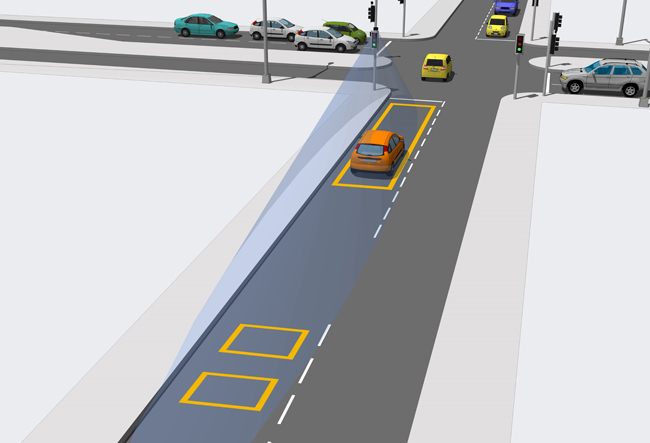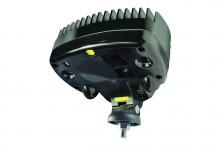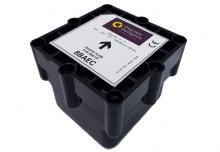
The council, as with many local authorities, is avoiding in-ground detection wherever possible as a smart solution to wear-prone loops and magnetometers.
“Because the road surface was in such poor condition where the [below-ground] loops would have been installed, the AGD 318 radar gave us an ideal, non-intrusive solution for detection,” said Martin Fenlon, principal signals engineer at Staffordshire County.
“The AGD option saves us a great deal of time and money because it is pole-mounted, easy to configure and maintenance-free.”
The AGD 318 provides virtual loop detection with speed discrimination and can emulate two inductive loops to a range of 150m or provide lane-specific detection up to 40m.
Because it is pole-mounted, it requires no ducting or intrusive works to install, and there is no need for traffic management and the associated disruption to road users. Easy to set up using AGD Touch-setup, the AGD 318
is less expensive to maintain and the detection zone can be changed easily or moved without intrusive works, notes the company.
AGD is a private company based in Cheltenham, England and has an Australian subsidiary.








